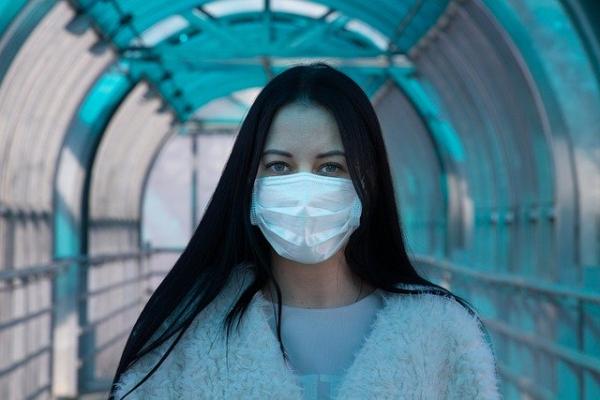The Coronavirus Aid, Relief, and Economic Security (CARES) Act has lots of money going to lots of people in lots of ways. One of the features, mentioned in passing, is that COVID-19 testing must be covered by commercial health plans “without imposing any cost-sharing on enrollees.” Given that Medicare and Medicaid beneficiaries are already provided with “free” testing, you would think that covers the situation. But a bit of language leaves a giant surprise billing loophole. As the Brooking Institute notes, “The law mandates health plans to pay an out-of-network provider of COVID-19 testing ‘an amount that equals the cash price for such service as listed by the provider on a public internet website.’”
Translation, balance, or surprise billing is no longer the responsibility of the patient. The cost shifts to their insurance company – and as you know or should know, the money the insurance company uses to pay those “excess” charges come from you and me. Let’s break it down.
Testing
There are several tests available for COVID-19. The most accurate and most invasive, it involves those deep nasal swabs, is nucleic acid amplification tests that are labor-intensive, require sophisticated equipment found predominantly in the national laboratory chains, like Quest or LabCorp. Abbot’s in-office or point of care device provides results within about 15 minutes and is priced within reach of offices, emergency departments, and urgent care centers. If Medicare’s prior experience with seasonal flu testing is a reasonable measure, about 25% of these tests will be done in big labs, which have contracts with commercial insurance carriers, so no surprise billing there. For patients staying in-network, these tests and the Abbot tests will be fully covered. It is when they stray out of network, to Emergency Departments, and free-standing urgent care centers that a problem arises.
Tests searching for antibodies for COVID-19 are not useful in diagnosis a patient because of the lag time from infection to antibody formation. But in a world searching for the recovered or protected, they will be increasingly valued. Using blood obtained with a needle and syringe, it can work like an at-home pregnancy test and identify COVID-19 antibodies. The first test of this type was just given emergency approval by the FDA. Like the Abbot system, it could be deployed in offices, EDs, and free-standing centers.
Finally, one can search for viral particles, antigens. No test of this type has yet to be approved. Again if our experience with flu testing is useful, these tests can be performed in offices but are not as accurate as nucleic amplification. From a price point of view, the test is estimated to cost a third of the cost for COVID-19 nucleic amplification testing.
The bottom line to testing is that much of the testing going forward will be available in point of care locations, physician offices, EDs, and urgent care centers all sites for surprise billing.
Leakage
One of the problems for health networks is leakage, patients seeking care out of network, and those bills being the responsibility of their home network. Those snowbirds who travel from the wintery North to the warmer South are an excellent example of leakage. To discipline patients and prevent out-of-network choices, many commercial insurers impose burdensome “out of network” charges on their beneficiaries. Still, with the CARES Act, those charges do not apply. The good news for commercial carriers is that COVID-19 testing will most likely be done in laboratories where they have contracts or in physician offices who are part of “the network.”
Over time, antigen detection and rapid nucleic acid amplification tests that can be performed in-office are likely to become the dominant forms of COVID-19 diagnostic testing, which will primarily be billed by the clinician who administered the test. These are the situations for which the CARES Act provision is least concerning because commercially-insured patients by and large seek treatment from in-network primary care professionals. PCR tests in the short-term and the significant serology testing, however, are likely to be primarily performed and billed by large clinical labs.
With Medicare flu data as a guide, about 6-7% of testing is done by emergency physicians, and about 20% of those physicians and their EDs are “out of network.” The same bean-counters that cut physician pay and laid off healthcare workers because of lost income as COVID-19 ramped up will see the loophole – charging many-fold what is paid for these tests by Medicare, the health systems payment benchmark. These excess costs are invisible to patients because of the CARE Act. But they are not invisible to bad-actors, and it is doubtful that commercial insurers will pick up the difference and not try to get those monies back later on with larger monthly premiums.
Brookings has the right idea before we get too far along in testing, tie out of network payments for COVID-19 testing to Medicare rates, put a cap on what can be reasonably charged.
Source: How the CARES Act affects COVID-19 test pricing Brookings Institute




